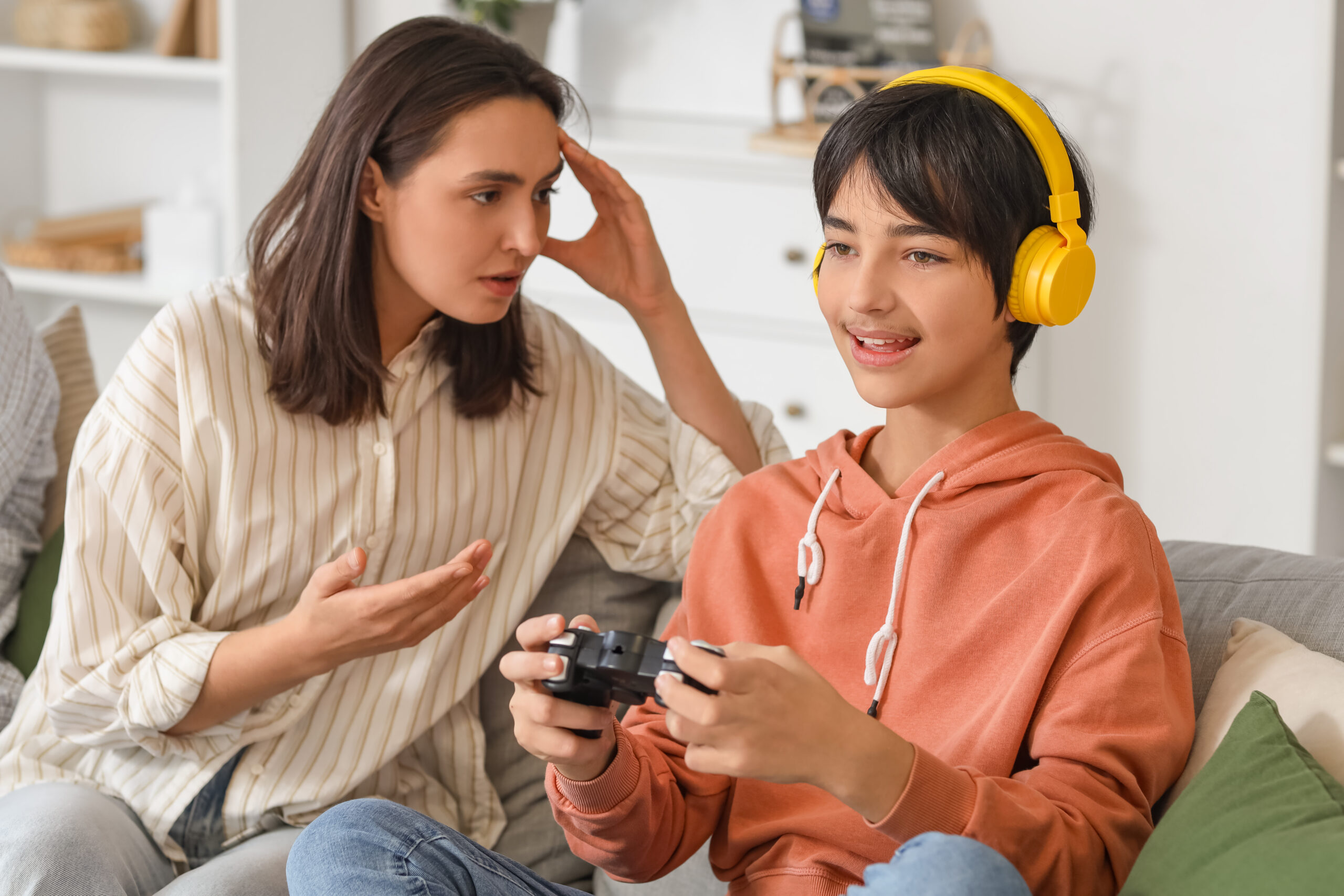latest
Video games designed to boost mental wellbeing in children show modest benefits
A review of research has looked at whether video games designed to improve children’s mental health work in practice
“While the benefits are still modest, our research shows that we have some novel tools to help improve children’s mental health — particularly for ADHD and depression — that can be relatively accessible to families." Joseph McGuire, associate professor of psychiatry and behavioral sciences, Johns Hopkins University
Video games designed to address mental health problems in children are effective, though the difference they make is relatively small, a study has shown.
Researchers at the Johns Hopkins University school of medicine looked at the use of “gamified” digital mental health interventions in randomised clinical trials for children and adolescents. The study authors, Barry Bryant and Joseph McGuire, identified 27 such trials from the US and globally. The studies included a total of 2,911 participants between the ages of six and 17 years old, about half of whom were male and half female. The digital mental health interventions varied in content, but were all designed to treat ADHD, depression and anxiety. The findings are published in JAMA Pediatrics.
In the US, about 20% of children and teenagers between the ages of three and 17 have a mental, emotional, developmental or behavioural disorder. Suicidal behaviours among high school students increased by more than 40% in the 10 years before 2019.
Some studies have suggested that the disruptions caused by the Covid-19 pandemic exacerbated these trends. “We found literature that suggests that even doubling the number of paediatric mental health providers still wouldn’t meet the need,” Bryant said.
All the games studied by the researchers were conducted on technology platforms, such as computers, tablets, video game consoles and smartphones. Users accessed the games in different ways. Some were available online, while others required access through the research teams involved in the studies.
Some of the games designed to address ADHD involved racing or splitting attention, which required the user to pay attention to more than one activity to be successful in gameplay. For depression and anxiety, some of the interventions taught psychotherapy-oriented concepts in a game format.
Video games for ADHD and depression showed ‘modest’ reduction in symptoms
Outcome measurements varied depending on the study. However, the Johns Hopkins research team was able to standardise effect sizes using a random-effects model so that a positive result indicated when interventions performed better than control conditions.
A statistic called Hedges’ g, which measures effect size, was used to quantify treatment effects in the studies reviewed.
The research team’s analysis found that video games designed for patients with ADHD and depression provided a modest reduction in symptoms. The findings were based on participant and family feedback.
Video games designed to address anxiety, however, did not show meaningful benefits for reducing anxiety symptoms for participants, again based on participant and family feedback.
The researchers also examined factors that led to improved benefit from digital mental health interventions. Specific factors related to video game delivery such as interventions on computers and those with pre-set time limits were found to positively influence therapeutic effects.
“While the benefits are still modest, our research shows that we have some novel tools to help improve children’s mental health — particularly for ADHD and depression — that can be relatively accessible to families,” McGuire said.
“So if you are a paediatrician and you’re having trouble getting your paediatric patient into individual mental health care, there could be some gamified mental health interventions that could be nice first steps for children while waiting to start individual therapy.”
The team said that their review did not indicate why certain video game interventions performed better than others.
They also noted that some of the trials included in the study used parent- or child-reported outcome measures, rather than standardised clinician ratings, and that the studies did not uniformly examine the same factors or characteristics, such as participants’ engagement and social activities, which could have influenced the effects of the treatment. They also found that some of the video games included in the studies are not easily accessible, since they are not available online or are behind paywalls.
FCC Insight
The steep rise in the number of children experiencing mental health problems, or neurodivergent conditions such as ADHD, has put a strain on mental health services, both in the US and the UK. The idea that specially-designed video games could improve mental health and therefore reduce the demand on services is therefore appealing. In practice, this review of research has shown, the benefits are not as strong as we might hope. Taken as a whole, it seems that video games can reduce depression or ADHD symptoms, but the effect is small. Having said that, the types of games studied varied widely, and it’s possible that grouping them together makes it harder to identify the types of games that are genuinely effective. Indeed, the researchers believe that for children who are having to wait to access therapy, using targeted video games may be a useful first step to improvement. More research would be useful, so that we can find out which types of games have the greatest benefits and can therefore be recommended with confidence to parents.
